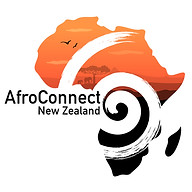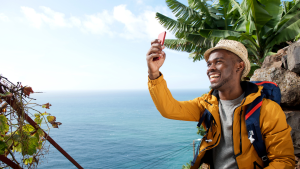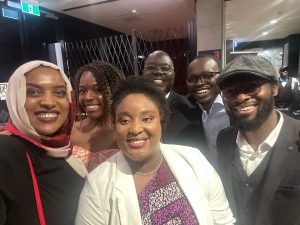On the 25th of May 2024, we again celebrated Africa Day. Africa Day often showcases a day of celebration for African people in Africa and in the diaspora. On this day, however, we also remember our history, the history of slavery, colonialism, apartheid, and the never-ending, ongoing condition of racism and imperialism that African nations and their people endure. We remember the history of wars, civil conflicts, and sectarian conflicts. We remember the history of massacres and the untold stories too horrific to be told but only communicated through pain and violence. Moreover, we cannot forget that we are still divided by the lines drawn at the Berlin Conference in 1884 by the Europeans, not for our interest but for the interest of those who would use and abuse us.

Beyond these unspeakable wrongs, we do not forget that we were set on a path by those who did not wish us well but hoped to plunder both our human and natural resources. We remind ourselves of Kwame Nkrumah’s words in his book, Africa Must Unite, published in 1963:
“By far the greatest wrong which the departing colonialists inflicted on us, and which we now continue to inflict on ourselves in our present state of disunity, was to leave us divided into economically unviable States which bear no possibility of real development.”
Till today, in 2024, Africa remains plagued by division and the influence of the colonial departed, yet not departed. Despite these worrying realities, collectively, we refuse to turn to a path that takes us to health and prosperity.
Further compounding our tragedy, we are collectively divided by our leaders who seldom operate on principles, vision, and posterity but rather operate on survival with a focus on fame, fortune, and power. Their desire for power emanating from their unconscious sense of weakness and shame.
Even as we carry our individual pain, as a people, we continue to carry the pain, hurt, shame, guilt, ignorance, and confusion of our ancestors within us. We carry these burdens as a collective, and naively, we do nothing about it.
It is fair to say we were humiliated, and fair to contend that we and our leaders continue to be humiliated, yet we disavow this humiliation as a collective. This collective wounding does not belong in the chronicles of history because it echoes in our present reality. Our past is still our present, and our present will lead to our future. As the novelist William Faulkner wrote:
“The past is never dead, it is not even past.”
Therefore, in order to move forward together toward a hopeful future, we need to rediscover and revive ourselves. The collective Africa needs healing. We need to heal ourselves from the trauma of our past, the intergenerational trauma that we have carried without knowing for centuries.
Some say we are growing, yes! We observe some growth in technological innovation, agriculture and certainly entertainment and sports excellence. But I say, we may appear to grow, but our growth is neither holistic nor focused. The poverty rates are high in several African nations. There are high rates of unemployment and income inequality with an ever-widening gap between the rich and the poor. We remain plagued with endemic corruption leading to the discontent of the citizenry.
When it comes to our health and wellbeing, we are constantly in the face of a health crisis, constantly relying on outside help unable to meet the health needs of our people. We have healthcare systems that are substandard and our societies have poor health literacy. Our infrastructure is underdeveloped and debilitated. In comparison to other continents, Africa is currently experiencing more wars and conflict, causing the deaths and suffering of many. And sadly, we are continually having an exodus of young, motivated, brilliant minds, who chose to make a home for themselves outside Africa for economic and safety reasons.
Our holistic growth and expansion begin when we understand that we are unquestionably and deeply an emotional people who do not understand how our collective emotional experiencing directs our existence. Collectively, Africa is emotionally sick. We are a people who need to awaken from our collective catatonia and heal ourselves. Like a friend said:
“Africa is just in a state of inertia.”
We cannot afford to be unwilling to move toward a new path.
Let us begin to raise awareness of the impact of our open wounds and educate our people to understand our shared complex history. Let us create initiatives that promote our shared growth. Let us refrain from weaponizing our diversity and use it as a tool to support and protect each other, looking beyond our colonial-era divisions, and our ethnic and religious divisions. We alone can be our own physicians, and we need to begin today our healing journey and together find peace within ourselves for the sake of posterity.
Words – Olakunle Ajayi
Image – Chiral Jon


